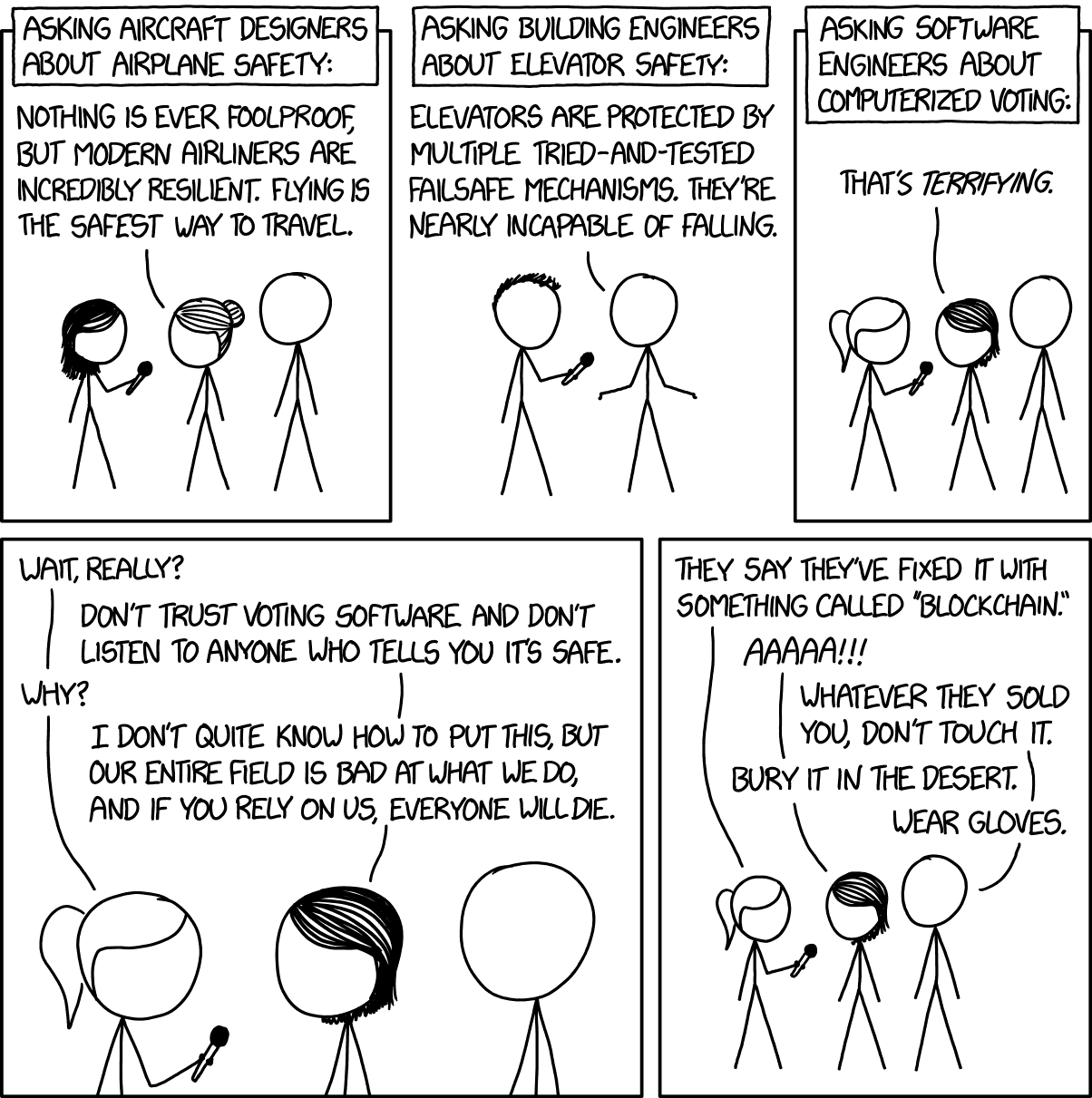Hi all, been on this forum for some time and have seen lots of members with exceptional knowledge/experience as well as great stories. I have some self dilemma regarding future career/education path and figured I will ask around here for some advice.
I have recently completed a bachelor degree in mechanical engineering, and plan on taking another comp-sci major to complement the ME degree. Since these two share some basic low level courses doing so means I can finish the second degree within 2 years. However having just finished university once is making me really burnt out with staying in university again, I just don't feel like I have the energy to engage with university in again.
However being in a big city makes finding a job as a ME little bit more challenging compared to SWE/CS. Currently I am slightly more inclined with a ME job especially that I had a really great experience during ME co-op, but at the same time seeing the benefit some of my friends working as software engineer have has gotten me reconsidering my priority.
I think I'm somewhat interested in programming/compsci, but I find myself learning much slower compared to when studying ME. I struggle to understand basic concepts about data structure, and find myself unable to utilize much of what I have learned in some low level CS courses.
My current plan is to try to find a job as ME, and self learn as much about CS as I can during my free time. I am however worried about the extent I can learn from books/online contents compared to what university offers.
Open to all suggestions and stories, thanks.
I have recently completed a bachelor degree in mechanical engineering, and plan on taking another comp-sci major to complement the ME degree. Since these two share some basic low level courses doing so means I can finish the second degree within 2 years. However having just finished university once is making me really burnt out with staying in university again, I just don't feel like I have the energy to engage with university in again.
However being in a big city makes finding a job as a ME little bit more challenging compared to SWE/CS. Currently I am slightly more inclined with a ME job especially that I had a really great experience during ME co-op, but at the same time seeing the benefit some of my friends working as software engineer have has gotten me reconsidering my priority.
I think I'm somewhat interested in programming/compsci, but I find myself learning much slower compared to when studying ME. I struggle to understand basic concepts about data structure, and find myself unable to utilize much of what I have learned in some low level CS courses.
My current plan is to try to find a job as ME, and self learn as much about CS as I can during my free time. I am however worried about the extent I can learn from books/online contents compared to what university offers.
Open to all suggestions and stories, thanks.




